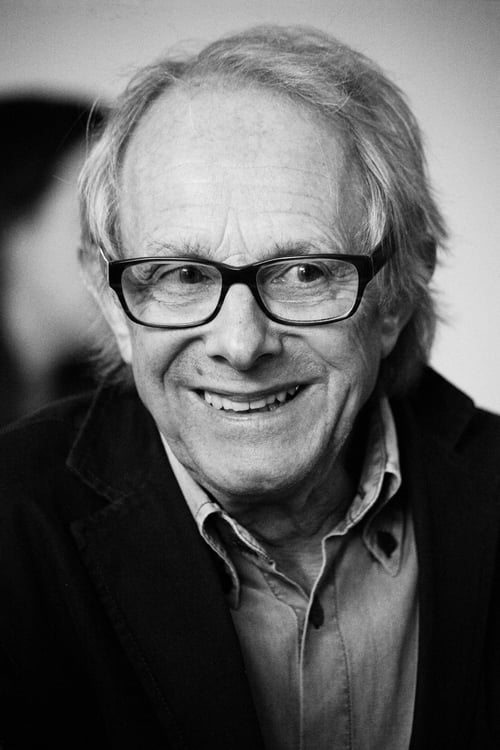
Director
The Old Oak is a special place. Not only is it the last pub standing, but it’s also the only remaining public space where people can meet in a once-thriving mining community that has seen thirty hard years of decline. TJ Ballantyne, the landlord, hangs on to The Old Oak by his fingertips, and his predicament is endangered even more when the pub becomes contested territory after the arrival of Syrian refugees who are placed in the village without any notice. In an unlikely friendship, TJ meets a curious young Syrian woman, Yara, who has a camera. Can they find a way for the two communities to understand each other? So unfolds a deeply moving drama about their fragilities and hopes.

Sé stesso
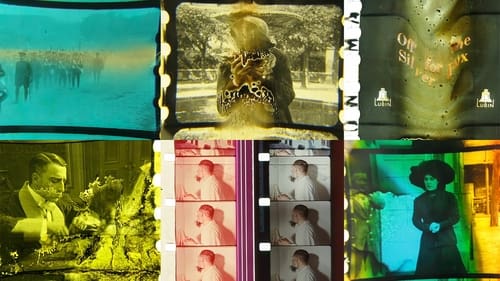
Self
Why are we still able, today, to view images that were captured over 125 years ago? As we enter the digital age, audiovisual heritage seems to be a sure and obvious fact. However, much of cinema and our filmed history has been lost forever. Archivists, technicians and filmmakers from different parts of the world explain what audiovisual preservation is and why it is necessary. The documentary is a tribute to all these professionals and their important work.
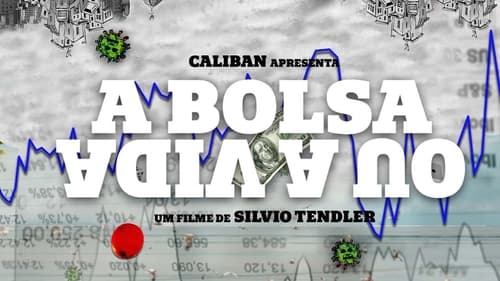
Self
In the post-pandemic future of covid-19, will the centrality be the financial casino and the accumulation of wealth by an elite or a quality life for all, with less inequality? Did the minimal state show itself capable of serving the collective? How to guarantee life without social and labor rights? What model of society do we want to live in? The film addresses the dismantling of the concept of social welfare and makes us reflect on the incompatibility of neoliberalism with a humanist project of society.

himself
The documentary, filmed in England in autumn 2020, sheds light on the genesis and background of the social drama.

Himself
Victoria Wood's Secret List features more than 20 sketches from the comedian's vast array of work. The sketches - chosen by Victoria herself - were discovered on a list in one of her personal notebooks after her untimely death. With a career spanning more than 40 years and crossing every possible genre, Victoria has a back catalogue that's bulging with sublime comedy moments, and Victoria Wood's Secret List promises viewers a unique opportunity to see the very best bits of Victoria's work that she loved the most.

Himself
Marking Play for Today’s 50th anniversary, Drama Out of a Crisis is a compelling exploration of the series, its origins, achievements, controversies and legacies. Featuring a rich and surprising range of archive extracts and original interviews with many who created the series, including producers Kenith Trodd, Margaret Matheson and Richard Eyre, and directors Mike Leigh, David Hare and Ken Loach.

Himself
A documentary film in which Dr Bob Gill, a General Practitioner and NHS campaigner, takes us through the story of the NHS and exposes the plans to privatise and sell it off for profit.

Self
Comedian, actor and ex-English teacher Greg Davies is a lifelong fan of Barry Hines's classic novel A Kestrel for a Knave, the story of Billy Casper training a kestrel as an escape from his troubled home and school life. In this documentary, Greg goes in search of the book's enduring appeal, travelling to Barnsley, where the book was set and where Ken Loach's famous adaptation, Kes, was filmed.
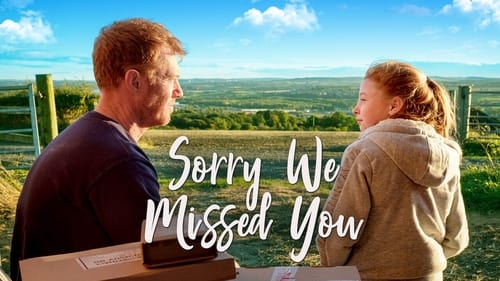
Producer
Ricky and his family have been fighting an uphill struggle against debt since the 2008 financial crash. An opportunity to wrestle back some independence appears with a shiny new van and the chance to run a franchise as a self-employed delivery driver. It's hard work, and his wife's job as a carer is no easier. The family unit is strong but when both are pulled in different directions everything comes to breaking point.

Writer
Ricky and his family have been fighting an uphill struggle against debt since the 2008 financial crash. An opportunity to wrestle back some independence appears with a shiny new van and the chance to run a franchise as a self-employed delivery driver. It's hard work, and his wife's job as a carer is no easier. The family unit is strong but when both are pulled in different directions everything comes to breaking point.

Director
Ricky and his family have been fighting an uphill struggle against debt since the 2008 financial crash. An opportunity to wrestle back some independence appears with a shiny new van and the chance to run a franchise as a self-employed delivery driver. It's hard work, and his wife's job as a carer is no easier. The family unit is strong but when both are pulled in different directions everything comes to breaking point.

Self
An epic exploration of the Czechoslovak New Wave cinema of the 1960s and 70s, structured around a series of conversations with one of its most acclaimed exponents - Closely Observed Trains director Jiří Menzel.

In 2017 Tyneside Cinema turned 80.

Himself
A feature length documentary about the real state of the British film industry in relation to UK structures past, present and currently for the future. This film exposes the shocking truths about the UK Governments' will to grow an indigenous British film industry, the legacy and testament of the now closed UK Film Council (UKFC), the current British Film Institute and the new Creative England.

Interviewee
This unique interactive film puts you on set with Ken Loach in production on his latest film, I, Daniel Blake. Throwing us into life on location and during pre-production, it enables you to change the course of your viewing experience by selecting inserts in which Loach and some of his key collaborators – past and present – give fascinating insights into his creative practices. (The version released on the Criterion Collection edition is only 38 minutes and doesn't include the interactive parts with interviews and illustrative scenes from previous Loach films.)
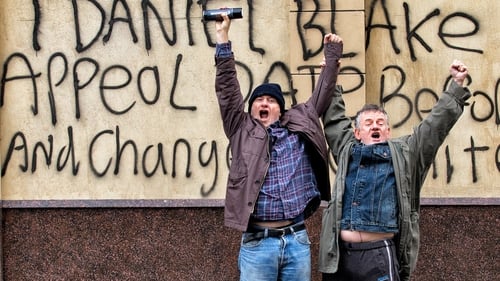
Director
A middle aged carpenter, who requires state welfare after injuring himself, is joined by a single mother in a similar scenario.
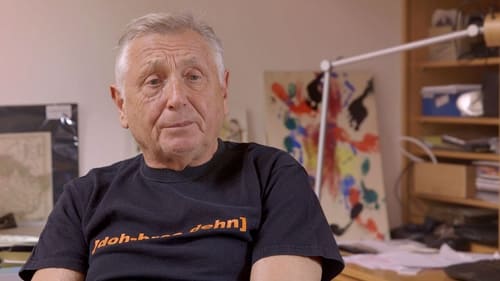
Self
Documentary feature about Czech director Jiří Menzel, featuring Menzel himself as well as Miloš Forman, Emir Kusturica, István Szabó and others.

Director
Ken Loach spent two days on the Jeremy Corbyn Labour leadership campaign trail in the summer of 2016. He documented people sharing their personal stories and discussing their reasons for supporting our agenda. These stories show why Labour must transform and rebuild Britain so that no one and no community is left behind.
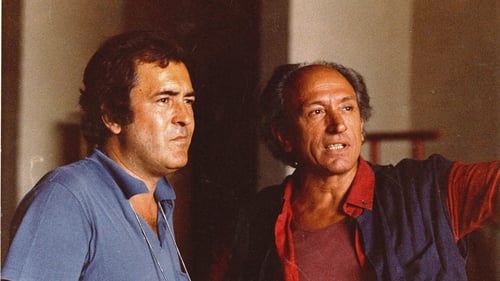
Self
An account of the life and work of the legendary cinematographer and director Carlo Di Palma (1925-2004) and an emotional journey into the greatest moments of cinema, from the Italian neorealism to the masterpieces of Woody Allen, commented by prestigious figures of world cinema.

Himself
A surprisingly candid behind-the-scenes account of the career of Ken Loach, one of Britain’s most celebrated and controversial filmmakers, as he prepares to release his final major film I, Daniel Blake.

An abandoned tumbledown theater in the outback of Paraíba state is the initial setting of a film about cinema, which explores the testimonials of the novelist and playwright Ariano Suassuna and other filmmakers such as Ruy Guerra, Julio Bressane, Ken Loach, Andrzej Wajda, Karim Ainouz, José Padilha, Hector Babenco, Vilmos Zsigmond, Béla Tarr, Gus Van Sant and Jia Zhangke. They all respond to two basic questions: why do they make movies and why do they serve the seventh art. The filmmakers share their thoughts about time, narrative, rhythm, light, movement, the meaning of tragedy, the audience‘s desires and the boundaries with other forms of art.

Himself
Actor Cillian Murphy, who played the lead role in Ken Loach's Palme d'Or-winning film The Wind That Shakes the Barley, talks to the director at the BFI Southbank about a prolific career dedicated to documenting social and political injustice, the importance of artistic collaboration, the often-overlooked humour in Loach's films, and the impact working with Loach had on his own approach to acting.

Self
The story of the biggest demonstration in human history, which took place on 15th February 2003, against the impending war on Iraq.

Director
Jimmy Gralton returns from New York and reopens his beloved community hall, only to meet opposition from the local parish.

Director
How the spirit of unity, which buoyed Britain during the war years, carried through to create a vision of a fairer, united society.

Himself
This documentary looks at the life of Jordi Dauder through an interview with the actor a few weeks before his death. From her interventions and people who knew him, the play explores the experiences of actor, from his artistic side as from his political convictions and life.
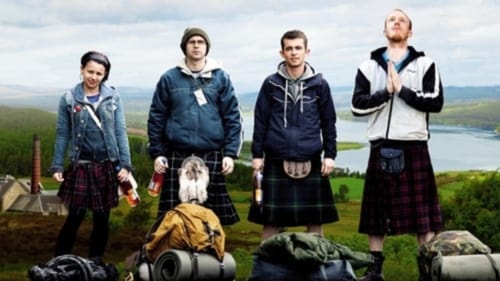
Director
Narrowly avoiding jail, new dad Robbie vows to turn over a new leaf. A visit to a whisky distillery inspires him and his mates to seek a way out of their hopeless lives.

Self
At the 60th anniversary of Cannes Film Festival, 34 famous directors are followed by camera.

Self
The creators of Debtocracy, analyze the shifting of state assets to private hands. They travel round the world gathering data on privatization and search for clues on the day after Greece's massive privatization program.
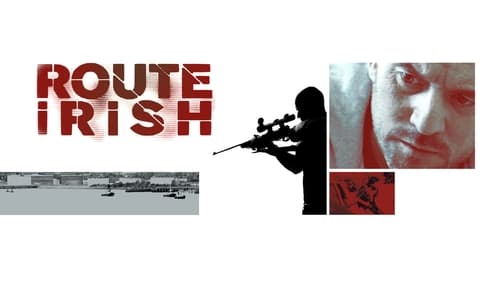
Director
A private security contractor in Iraq rejects the official explanation of his friend's death and decides to investigate.

Himself
A documentary on the making of Kes, produced by the Criterion Collection.
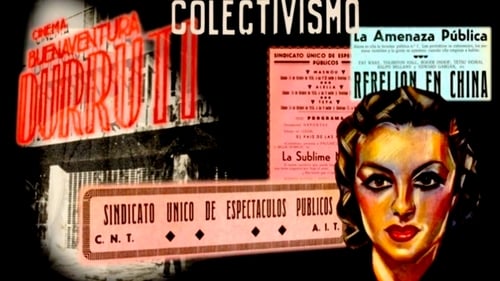
Himself
July, 1936. The terrible Spanish Civil War begins. When the streets are taken by the working class, the social revolution begins as well. The public shows are socialized, a model of production and exhibition of films, never seen before in the history of cinema, is created, where the workers are the owners and managers of the industry, through the unions.

Self
Until the 1970s, Italian cinema dominated the international scene, even competing with Hollywood. Then, in just a few years, came its rapid decline, the flight of our greatest producers, a crisis among the best writer-directors, the collapse of production. But what are the true causes and circumstances of this decline? In an attempt to provide an answer to this question, Di Me Cosa Ne Sai strives to depict this great cultural change. Begun as a loving examination of Italian cinema, the film transformed into a docu-drama that alternates between interviews with the great names of the past and fragments of cultural and political life of the last 30 years. It is a travel diary that shows Italy from north to south, through movie theatres; television-addicted kids; Berlusconi and Fellini; shopping centers; TV news editors; stories of impassioned film exhibitors and directors who fight for their films; and interviews with itinerant projectionists and great European directors.
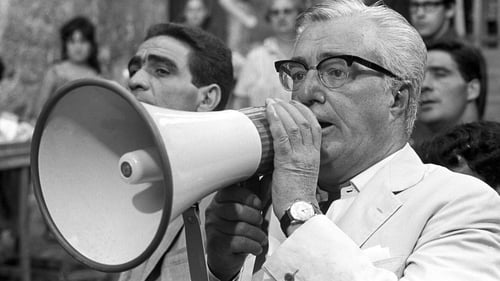
Self
A documentary about Vittorio de Sica with clips of his films and testimonials from friends and family.
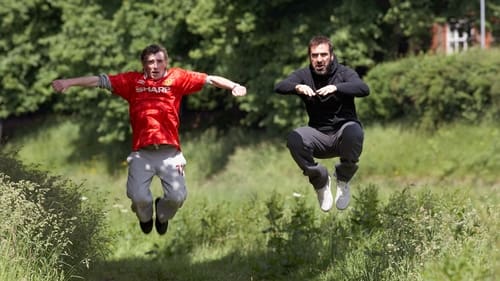
Director
A man trying to put his life back on track gets some advice from an unexpected benefactor -- the ex-footballer Eric Cantona.

Self
Features conversations with ten of the world's greatest living directors: Bernardo Bertolucci, David Lynch, Liliana Cavani, Stephen Frears, Agnes Varda, Ken Loach, Todd Haynes, Catherine Breillat, Richard Linklater and John Sayles. The film documents Ismailos' voyage of discovering the creative personalities behind the camera.
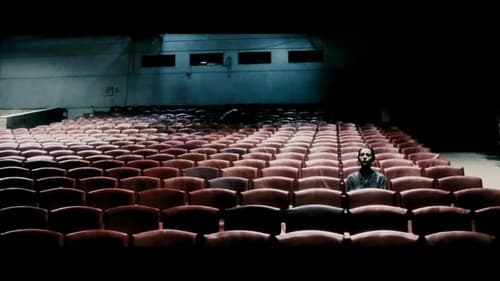
Director
A collective film of 33 shorts directed by different directors about their feeling about cinema.
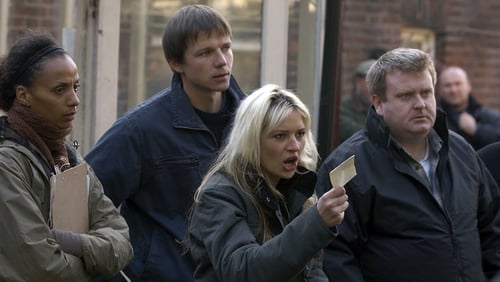
Producer
Angie is a working class woman. After being fired, she decides to set up a recruitment agency of her own, running it from her kitchen with her friend, Rose. Taking advantage of the desperation of immigrants, Angie builds a successful business extremely quickly.

Director
Angie is a working class woman. After being fired, she decides to set up a recruitment agency of her own, running it from her kitchen with her friend, Rose. Taking advantage of the desperation of immigrants, Angie builds a successful business extremely quickly.

Director
A father and son argue about the screenings at a multiplex, ultimately deciding to go watch football instead.
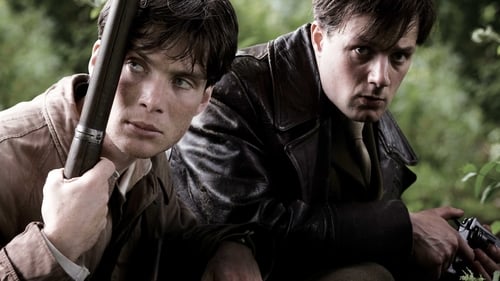
Director
In 1920s Ireland young doctor Damien O'Donovan prepares to depart for a new job in a London hospital. As he says his goodbyes at a friend's farm, British Black and Tans arrive, and a young man is killed. Damien joins his brother Teddy in the Irish Republican Army, but political events are soon set in motion that tear the brothers apart.

A documentary on the films of Ken Loach. Interviews with cast and crew who worked with Loach over the years. It describe his approach to allowing actors a wide range of freedom.

Director
McLibel is a documentary film directed by Franny Armstrong for Spanner Films about the McLibel case. The film was first completed, as a 52 minute television version, in 1997, after the conclusion of the original McLibel trial. It was then re-edited to 85 minute feature length in 2005, after the McLibel defendants took their case to the European Court of Human Rights.
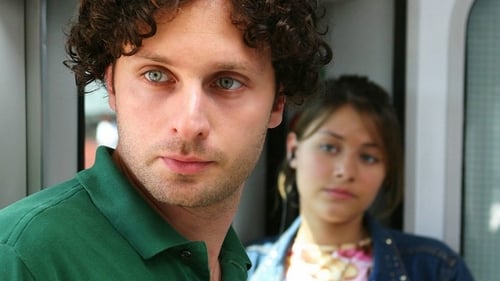
Director
A train travels across Italy toward Rome. On board is a professor who daydreams a conversation with a love that never was, a family of Albanian refugees who switch trains and steal a ticket, three brash Scottish soccer fans en route to a match, and a complaining widow traveling to a memorial service for her late husband who's accompanied by a community-service volunteer who's assisting her. Interactions among these Europeans turn on class and nationalism, courtesy and rudeness, and opportunities for kindness.

Director
A young man upsets his Punjabi family when he falls in love with an Irish schoolteacher.
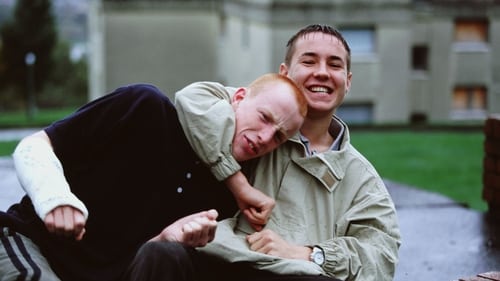
Director
Determined to have a normal family life once his mother gets out of prison, a Scottish teenager from a tough background sets out to raise the money for a home.
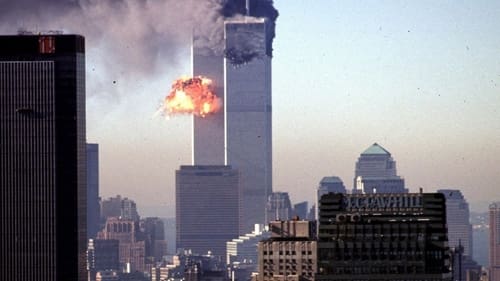
Writer
Filmmakers from all over the world provide short films – each of which is eleven minutes, nine seconds, and one frame of film in length – that offer differing perspectives on the 9/11 terrorist attacks.

Director
Filmmakers from all over the world provide short films – each of which is eleven minutes, nine seconds, and one frame of film in length – that offer differing perspectives on the 9/11 terrorist attacks.

Director
In South Yorkshire, a small group of railway maintenance men discover that because of privatization, their lives will never be the same. When the trusty British Rail sign is replaced by one reading East Midland Infrastructure, it is clear that there will be the inevitable winners and losers as downsizing and efficiency become the new buzzwords.

Himself
Documentary about Ken Loach and Rosa Ayala, a janitor who worked as an extra in the picture 'Bread and Roses'
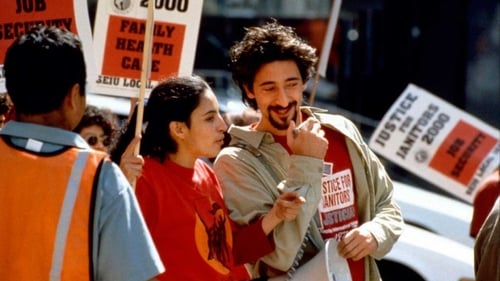
Director
Maya is a quick-witted young woman who comes over the Mexican border without papers and makes her way to the LA home of her older sister Rosa. Rosa gets Maya a job as a janitor: a non-union janitorial service has the contract, the foul-mouthed supervisor can fire workers on a whim, and the service-workers' union has assigned organizer Sam Shapiro to bring its "justice for janitors" campaign to the building. Sam finds Maya a willing listener, she's also attracted to him. Rosa resists, she has an ailing husband to consider. The workers try for public support; management intimidates workers to divide and conquer. Rosa and Maya as well as workers and management may be set to collide.
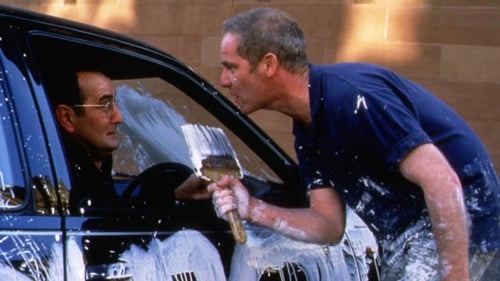
Director
Two thirtysomethings, unemployed former alcoholic Joe and community health worker Sarah, start a romantic relationship in the one of the toughest Glasgow neighbourhoods.

Director
Ken Loach documentary on Bath Football Club.

Director
A Glasgow man visits war-torn Nicaragua with a refugee tormented by her memories.

Screenplay
Documentary following dockers of Liverpool sacked in a labour dispute and their supporters’ group, Women of the Waterfront, as they receive support from around the world and seek solidarity at the TUC conference.

Director
Documentary following dockers of Liverpool sacked in a labour dispute and their supporters’ group, Women of the Waterfront, as they receive support from around the world and seek solidarity at the TUC conference.
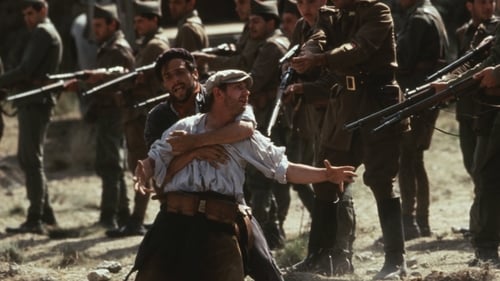
Director
David Carr is a British Communist who is unemployed. In 1936, when the Spanish Civil War begins, he decides to fight for the Republican side, a coalition of liberals, communists and anarchists, so he joins the POUM militia and witnesses firsthand the betrayal of the Spanish revolution by Stalin's followers and Moscow's orders.
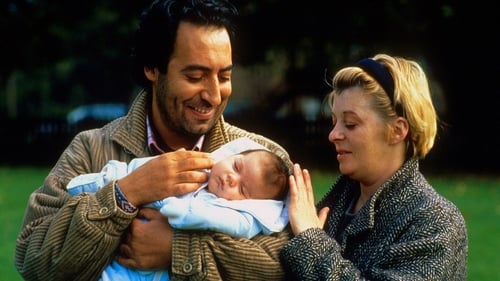
Director
Maggie has had four children, by four different fathers, removed by social services because of a previous violent relationship. When she meets Jorge, a gentle Latin American refugee, she gradually sees her chance for happiness, but her history still haunts her.

Interviewee
Television documentary about British film director Ken Loach.
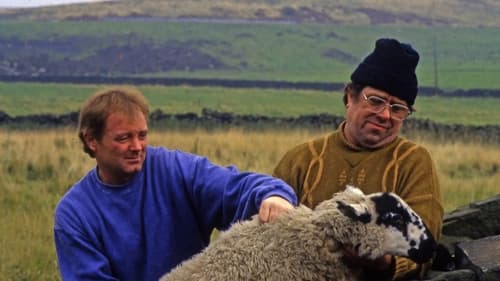
Director
Proud, though poor, Bob wants his little girl to have a beautiful (and costly) brand-new dress for her First Communion. His stubbornness and determination get him into trouble as he turns to more and more questionable measures, in his desperation to raise the needed money. This tragic flaw leads him to risk all that he loves and values, his beloved family, indeed even his immortal soul and salvation, in blind pursuit of that goal.
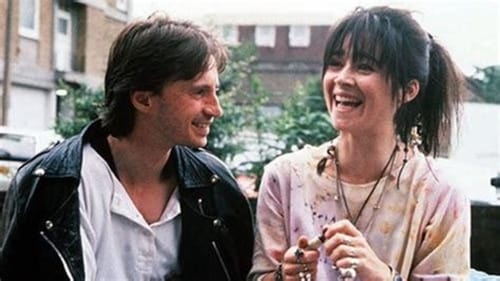
Director
Stevie, fresh from prison in Scotland, finds a job on a London construction site. The working conditions are poor and most of the men are working under aliases, due to immigration status and to not conflict with their "signing on" for unemployment benefits. Some coworkers help Stevie secure housing, squatting in a council estate. Then Stevie meets Susan, from Ireland, who's struggling to be a professional singer.

Director
Ken Loach documentary for Channel 4's Dispatches, investigating false claims of fraud and corruption during the miners' strike of '84/'85 that reared their head against Arthur Scargill in 1990.
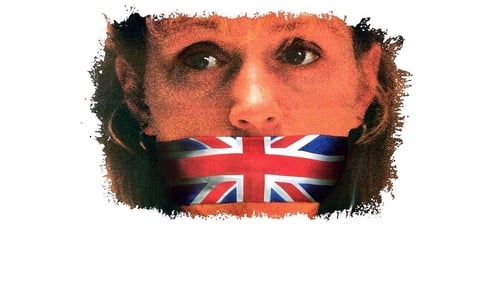
Director
In Ireland, American lawyer Ingrid Jessner and her activist partner, Paul Sullivan, struggle to uncover atrocities committed by the British government against the Northern Irish during the "Troubles." But when Sullivan is assassinated in the streets, Jessner teams up with Peter Kerrigan, a British investigator acting against the will of his own government, and struggles to uncover a conspiracy that may even implicate one of Kerrigan's colleagues.

Director
Ken Loach documentary; made for Central Television in 1988, but rejected, and not shown until the following year, when it was taken up by Channel 4. It tells the story of the West Midlands-based Young Foundry theatre group members Stephen Page,Paul Harper, Jimmy Dunn,Chris Dunn, Caroline White and Roy Stokes who act out a series of scenes reflecting their past, unemployment, homelessness and drug abuse that is rife in the local area.

Director
Ken Loach documentary, pushing for British withdrawal from Northern Ireland.
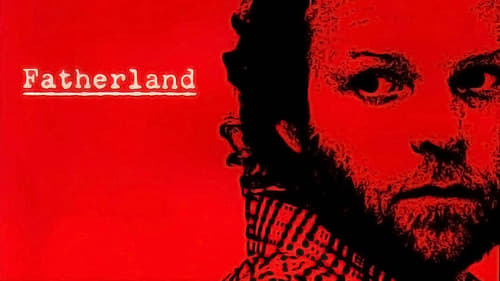
Director
Persona Non Grata in his homeland, protest singer Klaus Drittemann must leave East Berlin, his wife and child and emigrate to West Berlin, where the representatives of an American record company are eagerly waiting for him. They plan to exploit his defection from communism both ideologically and financially. But Klaus, as ill-at-ease in the West as he was in the East, is reluctant to be used as an expendable commodity. Leaving his contract unsigned (or signed in his manner), he leaves for Cambridge to meet his father, a concert player, who -just like him - left East Berlin thirty years ago as Klaus was a little boy. He is accompanied by a young French journalist, Emma, who knows where his father has been living since he disappeared for more than a decade. The young lady is cooperative but might hide things from him...

A look at the career of Oscar-winning cameraman Chris Menges. Filmed on location of 'Comfort and Joy'. Chris Menges discusses his early career in television and film. Featuring interviews with Bill Forsyth, Bill Paterson, Ken Loach, Neil Jordan, and Jeremy Isaacs.

Director
The documentary features the British miners and their family experiences told through songs, poems, pictures and words.

Director
Ken Loach documentary on the end of the 1984 - '85 miners' strike.

Director
Following Loach's earlier film A Question of Leadership, this film is a wide-ranging study of the trade union movement, with strong criticism of leading trade unionists.

Director
Ken Loach documentary, contrasting the 1982 Labour and Conservative Party conferences.

Director
Thatcherism and the Irish troubles provide the backdrop for this study of Mick, a well-meaning youth in Sheffield, who has, unlike Dickens' Pip, no expectations. Mick lives with his parents, works on his motorbike, looks for work, and every two weeks gets his check from the dole. There are no jobs. His best mate Alan joins the army to fix tanks and is sent to Belfast to quell Catholics. At a disco, Mick meets Karen, who works at a shoe shop and lives with her recently-separated mom. Karen misses her dad. She offers Mick emotional stability and a route to adulthood; Alan pitches the army. Does Mick have a future?

Producer
Shortly after Margaret Thatcher's election as prime minister, Ken Loach returned to documentary, convinced that the long gestation of feature films made them useless as instruments of topical social comment. But his trade union documentary A Question of Leadership, intended for national ITV broadcast, was criticised by the Independent Broadcasting Authority for its explicitly anti-government stance. It was eventually screened a year later, exclusively in the Midlands (tx. 13/8/1981). Believing that the then-new Channel 4 would be more amenable to politicised documentaries, Loach proposed the four-part Questions of Leadership (1983), a wider-ranging study of the trade union movement - but on viewing the completed programmes' strong criticism of leading trade unionists, an anxious Channel 4 shortened the series to two parts and proposed screening a 'balancing' documentary by a different filmmaker, before scrapping the broadcast altogether.

Director
Shortly after Margaret Thatcher's election as prime minister, Ken Loach returned to documentary, convinced that the long gestation of feature films made them useless as instruments of topical social comment. But his trade union documentary A Question of Leadership, intended for national ITV broadcast, was criticised by the Independent Broadcasting Authority for its explicitly anti-government stance. It was eventually screened a year later, exclusively in the Midlands (tx. 13/8/1981). Believing that the then-new Channel 4 would be more amenable to politicised documentaries, Loach proposed the four-part Questions of Leadership (1983), a wider-ranging study of the trade union movement - but on viewing the completed programmes' strong criticism of leading trade unionists, an anxious Channel 4 shortened the series to two parts and proposed screening a 'balancing' documentary by a different filmmaker, before scrapping the broadcast altogether.

Producer

Director

Writer
George Purse is the gamekeeper for the duke's estate, a role he takes seriously. His position gives him a certain status, but he has an uneasy relationship with some of the locals, not least those who turn to poaching

Director
George Purse is the gamekeeper for the duke's estate, a role he takes seriously. His position gives him a certain status, but he has an uneasy relationship with some of the locals, not least those who turn to poaching

Writer
In this fascinating adventure of the England of the 1750s, the huge Frenchman Black Jack (Jean Franval) miraculously survives a hanging by the British authorities in Yorkshire and escapes from the grim jaws of "justice." He takes to the countryside in the company of Tolly, a teenaged boy who is able to translate Black Jack's odd speech into something comprehensible. They join up with Belle, an aristocratic teenager who has escaped from the madhouse her family imprisoned her in when she grew troublesome. Together, the three join a carnival. However, as it becomes clear that the girl is far from crazy, love between Tolly and Belle grows. This story, set in the mid-18th century, is based on a novel by Leon Garfield.

Director
In this fascinating adventure of the England of the 1750s, the huge Frenchman Black Jack (Jean Franval) miraculously survives a hanging by the British authorities in Yorkshire and escapes from the grim jaws of "justice." He takes to the countryside in the company of Tolly, a teenaged boy who is able to translate Black Jack's odd speech into something comprehensible. They join up with Belle, an aristocratic teenager who has escaped from the madhouse her family imprisoned her in when she grew troublesome. Together, the three join a carnival. However, as it becomes clear that the girl is far from crazy, love between Tolly and Belle grows. This story, set in the mid-18th century, is based on a novel by Leon Garfield.

Director
A month after the royal visit, the workers at Milton Colliery are brought crashing back down to earth by an underground explosion.

Director
The workers of Milton Colliery prepare for a royal visit from Prince Charles.

Writer
Ken Loach production, shown as one segment of BBC2's arts programme 'Full House'.

Director
Ken Loach production, shown as one segment of BBC2's arts programme 'Full House'.

Young Socialists from Glasgow, Liverpool and Swansea march to London and discuss their economic struggles en route. Supporting them are Ken Loach, Corin Redgrave, Arnold Wesker and other leading cultural figures of the left of British politics. The march is intercut with scenes dramatising parallel injustices in the English Civil War era and earlier - featuring Frances de la Tour in queenly mode as Elizabeth I. The film's unconventional structure also features frequent extracts of the rousing pop concert, with the band Slade, which culminated the epic march.

Director
Ken Loach's censored production for the Central Office of Information.
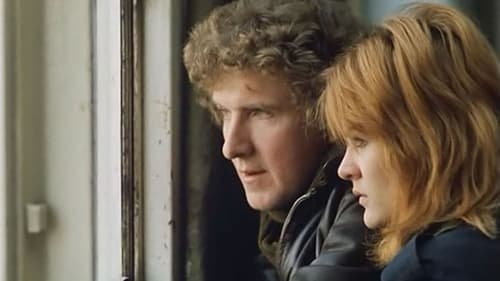
Director
A young woman, Janice, is living with her restrictive and conservative parents, who lead a dull working-class life and consider their daughter to be “misbehaving” whenever she’s trying to find her own way in life.

Director
Ken Loach's first production for ITV, shown under the 'Sunday Night Theatre' strand (originally broadcast 18th July 1971). After a Lifetime is something of a neglected, social realist masterpiece that focuses on two brothers, brought together by the death of their father, reflecting on his life of militancy and political activism. At the time critic Nancy Banks Smith called it ‘brilliantly funny, and moving with a sort of subterranean rage’. Smith himself plays the older brother with a brilliant, raw emotion.

Director
Ken Loach production for The Wednesday Play; a fictionalised account of the Pilkingtons Glass strike in St Helens, 1970.

Director
Ken Loach's production for Save The Children, withheld from public view until 2011.
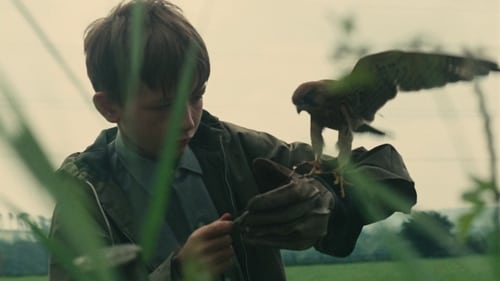
Screenplay
A young, English working-class boy finds a kestrel and decides to train it.

Director
A young, English working-class boy finds a kestrel and decides to train it.

Director
After a prolonged industrial dispute in the Liverpool Docks, the striking workers reject management demands of a return to work and decide instead to occupy the docks and run the operation themselves.

Director
The obsessive supporters of Everton FC forsake wives, families and God to follow their beloved team. Meanwhile, the club and its players try to live up to their expectations.
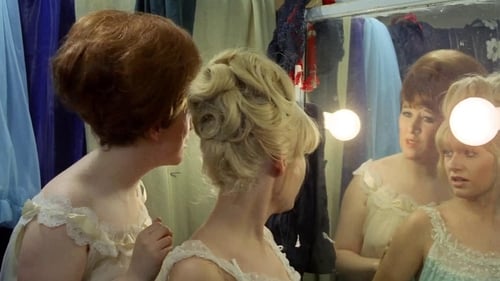
Screenplay
A young woman lives a life filled with bad choices. At a young age she marries and has a child--with an abusive thief who quickly ends up in prison. Left alone, she takes up with the guy's mate, another thief, who seems to give her some happiness but who also ends up locked up. She then takes up with a series of seedy types who offer nothing but momentary pleasure--if that.

Director
A young woman lives a life filled with bad choices. At a young age she marries and has a child--with an abusive thief who quickly ends up in prison. Left alone, she takes up with the guy's mate, another thief, who seems to give her some happiness but who also ends up locked up. She then takes up with a series of seedy types who offer nothing but momentary pleasure--if that.

Director
Kate, a young girl under psychiatric examination, suffers from a lack of confidence, self-esteem and self-control – telling of the “bad Kate” who commits immoral acts. Could the hypocrisy, selfishness and weakness of those around her have led to this state of mind or can Kate simply be diagnosed and dismissed as a schizophrenic?
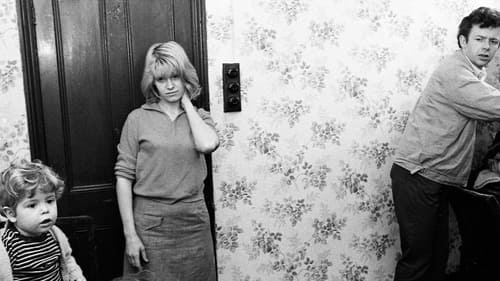
Screenplay
A British woman faces a downward social climb thanks to her country's rigid and problem-ridden welfare system.

Director
A British woman faces a downward social climb thanks to her country's rigid and problem-ridden welfare system.

Director
Ken Loach production for The Wednesday Play

Director
In this off-beat musical – a satire that combines fantasy, social observation and songs – a working class man goes to put a deposit on a new house only to find he prefers spending to saving and is happy to spend his money on a few hours of happiness rather than a lifetime's conventionality.

Director
The lives and loves of three young working class women, set in the pubs, terraced houses and factories of Battersea, South London.

Director
Ken Loach production for The Wednesday Play, reflecting contemporary debates surrounding the abolishment of capital punishment.

Director
Ken's Loach's first production for The Wednesday Play is a story of a group of criminals planning a robbery, with the unwitting aid of a wealthy, well-connected society acquaintance. But who is the greater villain?
